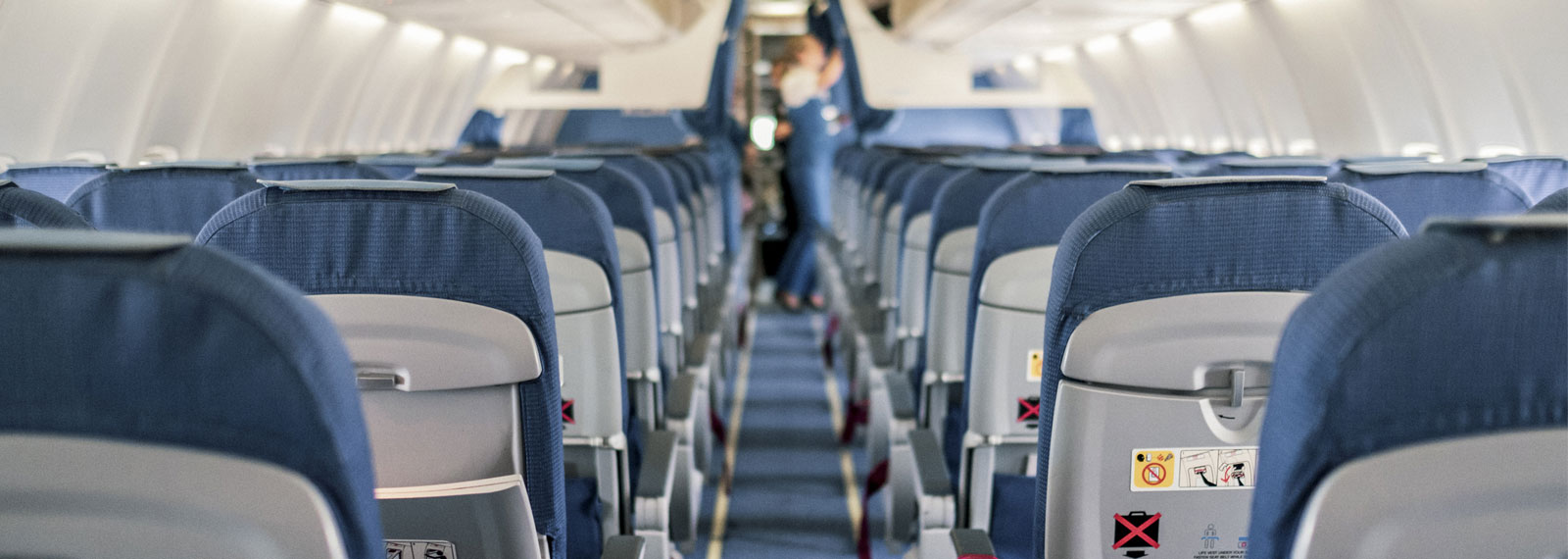For as long as people have been flying, there’s been a common misconception about the air on an airplane. That misconception has been exacerbated during the COVID-19 pandemic, and the airline industry has suffered because people have been too nervous to fly because of the fear of getting sick.
In reality, the air on an airplane is some of the cleanest, purest and freshest air anyone could breathe. According to the World Health Organization, aircraft cabin air is carefully controlled and completely changed between 20 and 30 times per hour by recirculation systems that combines fresh air from outside the plane with recycled cabin air that passes through HEPA filters. Someone who gets sick on an airplane cannot blame the cabin air.
On the flip side, it’s understandable that passengers are concerned about air quality. We need air to live, and we need fresh air to live well.
Benefits of Fresh Air
According to advancedneurotherpay.com, the brain uses about three times as much oxygen for healthy neuron function as muscles do. Because of that, the brain is very sensitive to drops in oxygen levels—think of how a person acts when at higher elevations, like when visiting places like Colorado. They can be loopy, get headaches, feel sluggish.
Indoor air quality can be especially bad, because it accumulates chemicals and exhaled breath, increasing CO2 levels. This is one reason companies encourage their employees to take walks outside during the day and why students, especially young children, have outdoor recess.
These outdoor breaks help the lung dilate and repair, as well, so not only is a person getting better air, but the body is also expelling unwanted compounds.
School Air Quality
Another benefit of fresh air, indoors or outside, is that it can provide more energy and mental focus—something essential for children in school.
In fact, a study by researchers from the Human Cognitive Neuroscience Unit at Northumbria University in England showed that people given oxygen versus regular air performed up to 20% better on a memory test. Fresh air also can help increase the production of serotonin, which helps people feel happier and less anxious.
Imagine a school full of happy children with clear lungs and clear minds. Instead, thousands of schools across America do the bare minimum, if they do anything at all, to address problems with classroom ventilation and the lack of fresh air on campus. Replacing HEPA filters or installing new school ventilation systems is not enough. School districts must do more to ensure students are breathing fresh, clean air.
Founded by Roger Silveira, We Need Fresh Air is an organization dedicated to improving student achievement one breath at a time.
For more information, call (408) 426-0628 or email Roger at rsilveira@weneedfreshair.com.


